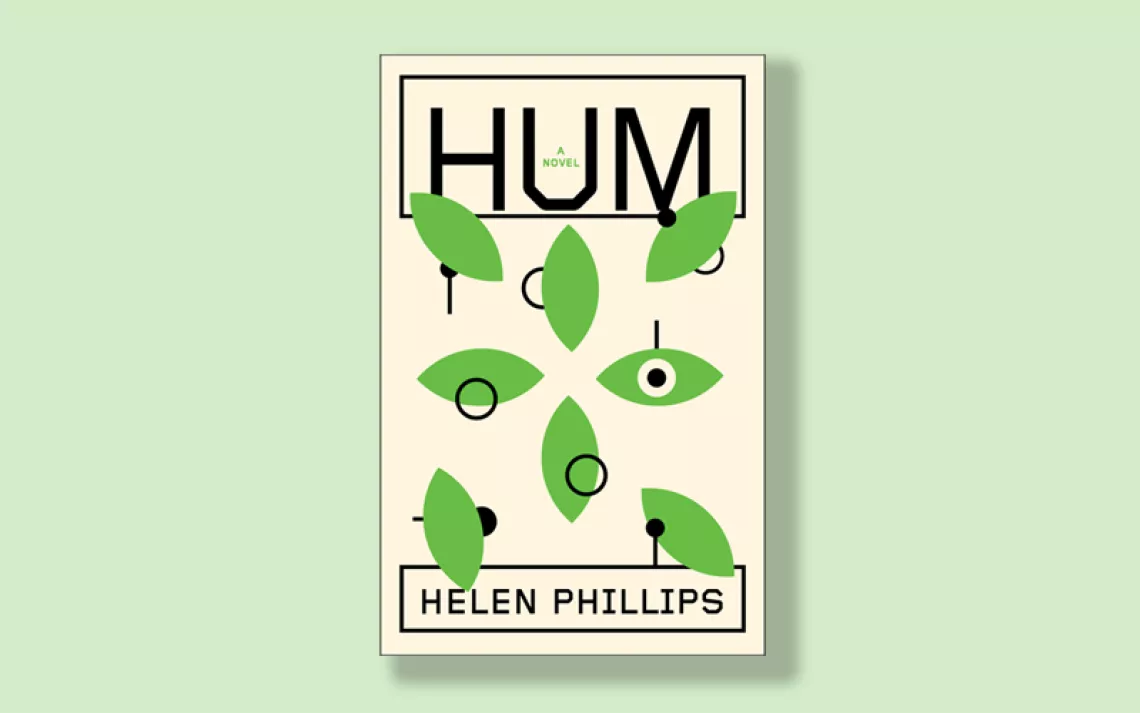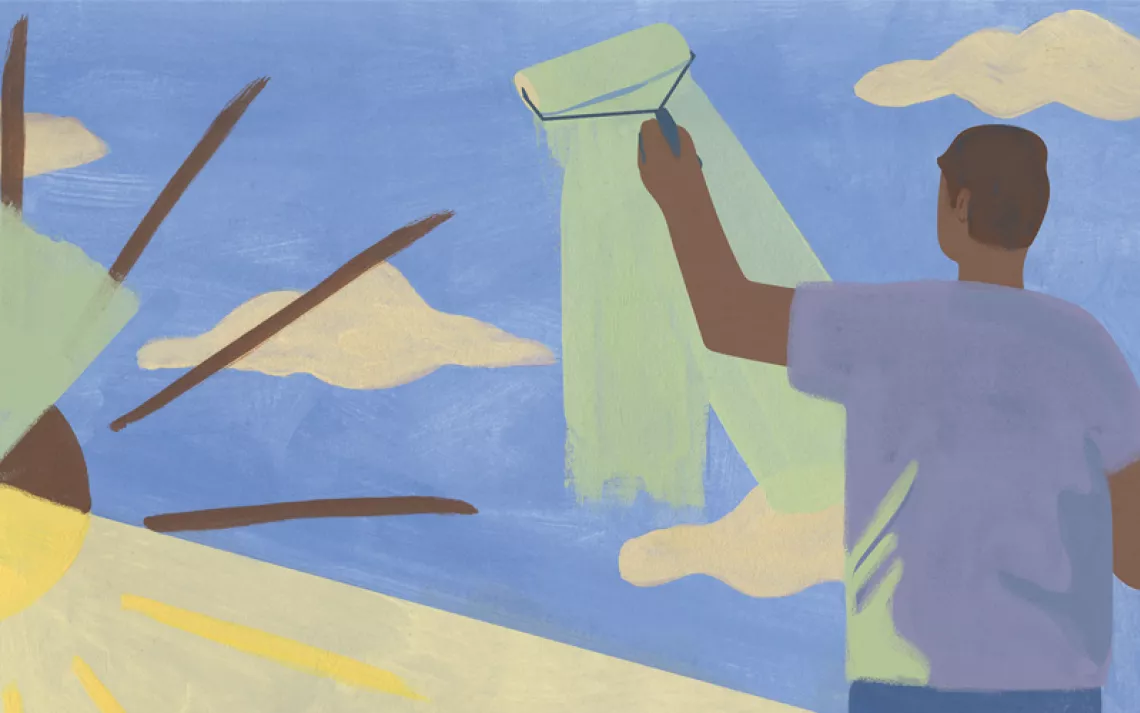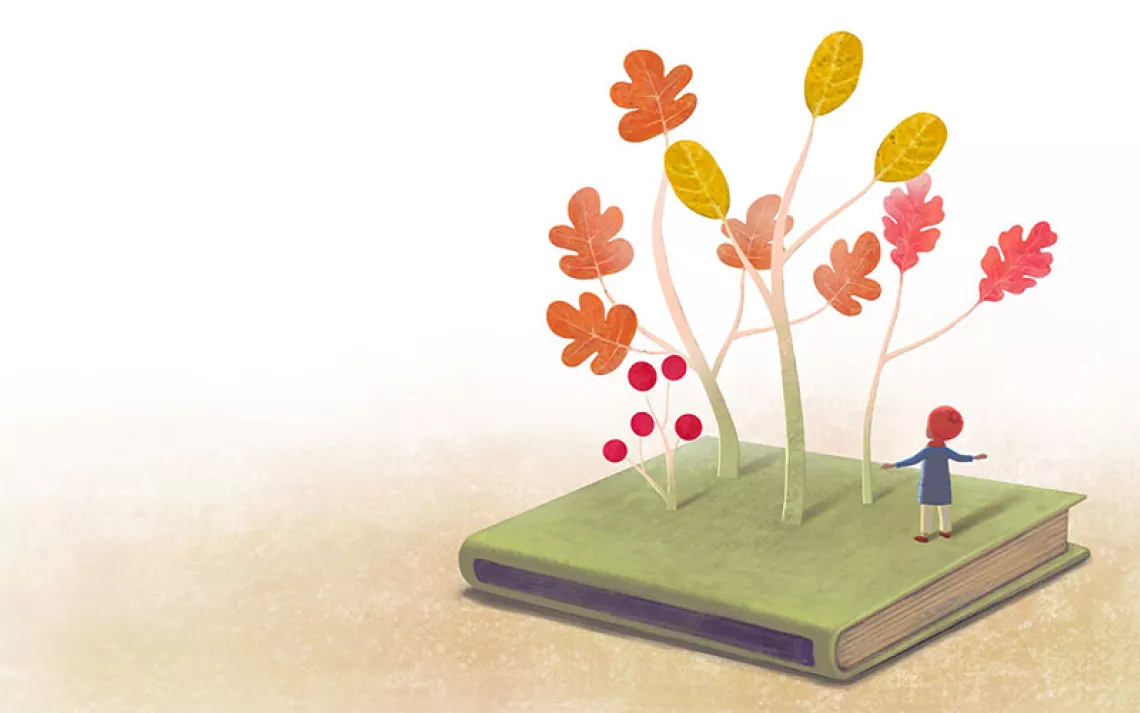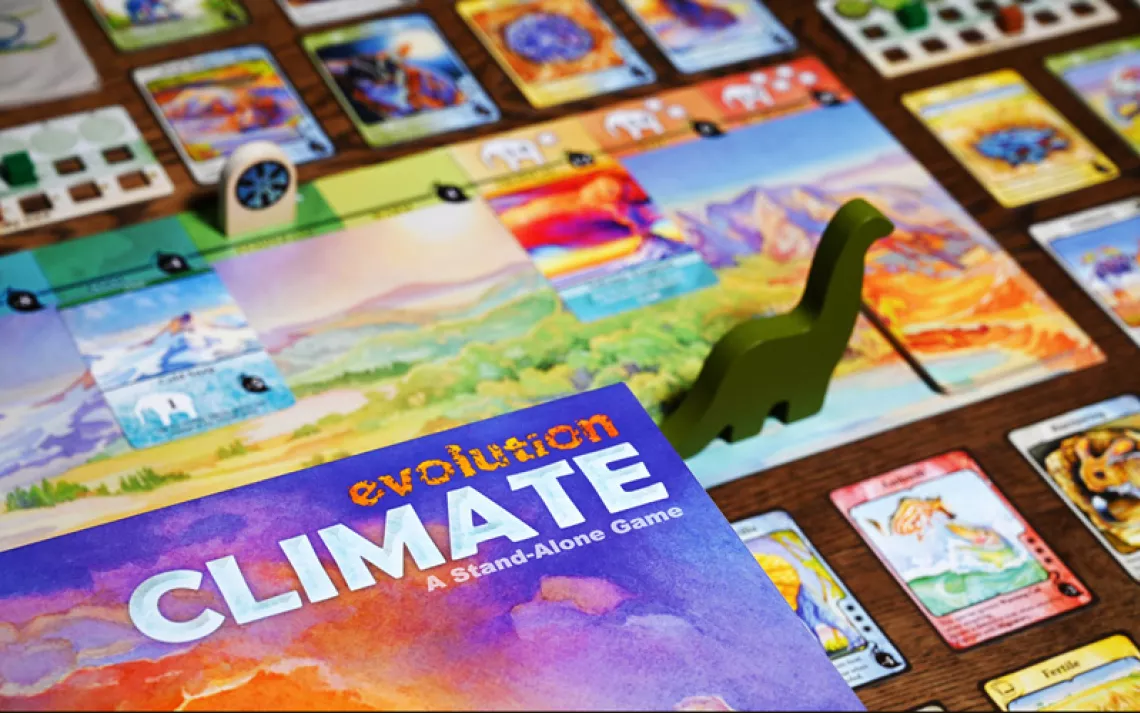Koala Care Up Close
Photos by Suzi Eszterhas
Conserving wildlife can seem like a daunting task, especially to kids. Thankfully, conservationists and animal lovers of all ages can easily take in the information, incredible stories, and adorable photos in Suzi Eszterhas’s new four-book series, Wildlife Rescue. In this latest project, Eszterhas, an award-winning photographer, zooms in on the heroic efforts of wildlife-rescue centers around the world. The first book of the series is Koala Hospital, and yes, it’s as cute as it sounds.
Eszterhas takes us to the southeastern shore of Australia, where professionals and volunteers at the Koala Hospital in Port Macquarie have been treating sick, injured, and orphaned koalas for over 40 years. Although not endangered, koalas are regarded as vulnerable and have been added to the threatened species list. Increasing housing, road, and farm development means that koalas are gradually losing their eucalyptus-forest habitat, forcing them to live in dangerously close contact with humans. The Koala Hospital admits up to 250 patients a year, most of them suffering from disease, injuries from motor vehicle accidents, or dog bites.
Photographs depicting staff and volunteers caring for sick and injured koalas show us that rescuing wild animals and nurturing them back to health is, as Eszterhas says, “one of the most intimate parts of the conservation effort.” In a phone interview with Sierra, she explained that while she often encounters negative human-animal relationships in her work (like baby orangutans left orphaned by poachers), the work being done at the Koala Hospital is “really heartwarming stuff.” The people who work at the facility are wholly invested in their patients, helping them to get better so they can return to the wild where they belong.
But does saving one individual at a time really make a difference in the effort to save an entire species? At the Koala Hospital, the answer is yes. Staff there share their patients’ hair and blood samples with scientific research programs all over Australia. The samples allow researchers to learn more about koalas and their diseases, which enables the hospital to take even better care of its patients. The hospital also tags each koala’s ear before releasing it so scientists and observers can keep track of it and learn how to better protect the animals and their habitats.
Eszterhas believes that in order to fuel the conservation effort and really keep it going “... you have to reach the next generation, and the way to do that is to get them jazzed about these animals.” In Koala Hospital, the big idea of conservation is made accessible to kids. In addition to gazing at endearing pictures of nursing joeys, readers learn about habitat preservation and the integral role the public can play in such an important endeavor.
Although the book focuses on healing koalas, Eszterhas hopes readers will learn that it takes more than Band-Aids to save the species. She points out that along with laws to protect the koala, there need to be laws to protect their eucalyptus-forest homes. It is also the efforts of volunteers who plant trees through Australia’s tree-planting programs and homeowners who preserve eucalyptus groves to keep their land koala-friendly that give the species hope for survival. Eszterhas includes resources for children outside of Australia who want to help koalas and also offers tips for how to nurture the wild animals in their own backyard, wherever that may be.

Make every day an Earth Day
Get articles like this one sent directly to your inbox.
With this action you affirm you want to receive Sierra Club communications and may vote on policy designated by the Sierra Club Board.
For kids and grown-ups alike, this book is a joy to read, and since a portion of the proceeds will be donated to the Koala Hospital in Port Macquarie, you can help the koalas just by purchasing a copy. But remember, Koala Hospital is only the first in a series of four. The second book, Orangutan Orphanage, will feature the work of Orangutan Foundation International's Orangutan Care Center in Borneo, Indonesia, and will be released in March, followed by the third book, Sea Otter Rescue, which will feature the rescue work of the Alaska Sealife Center in Seward, Alaska (out in October). The last book, Fawn Rescue, will highlight the work of Kindred Spirits Fawn Rescue in Loomis, California. To check out more of Eszterhas's work, and keep up-to-date, you can follow her on Instagram, Facebook, and Twitter.
 The Magazine of The Sierra Club
The Magazine of The Sierra Club










